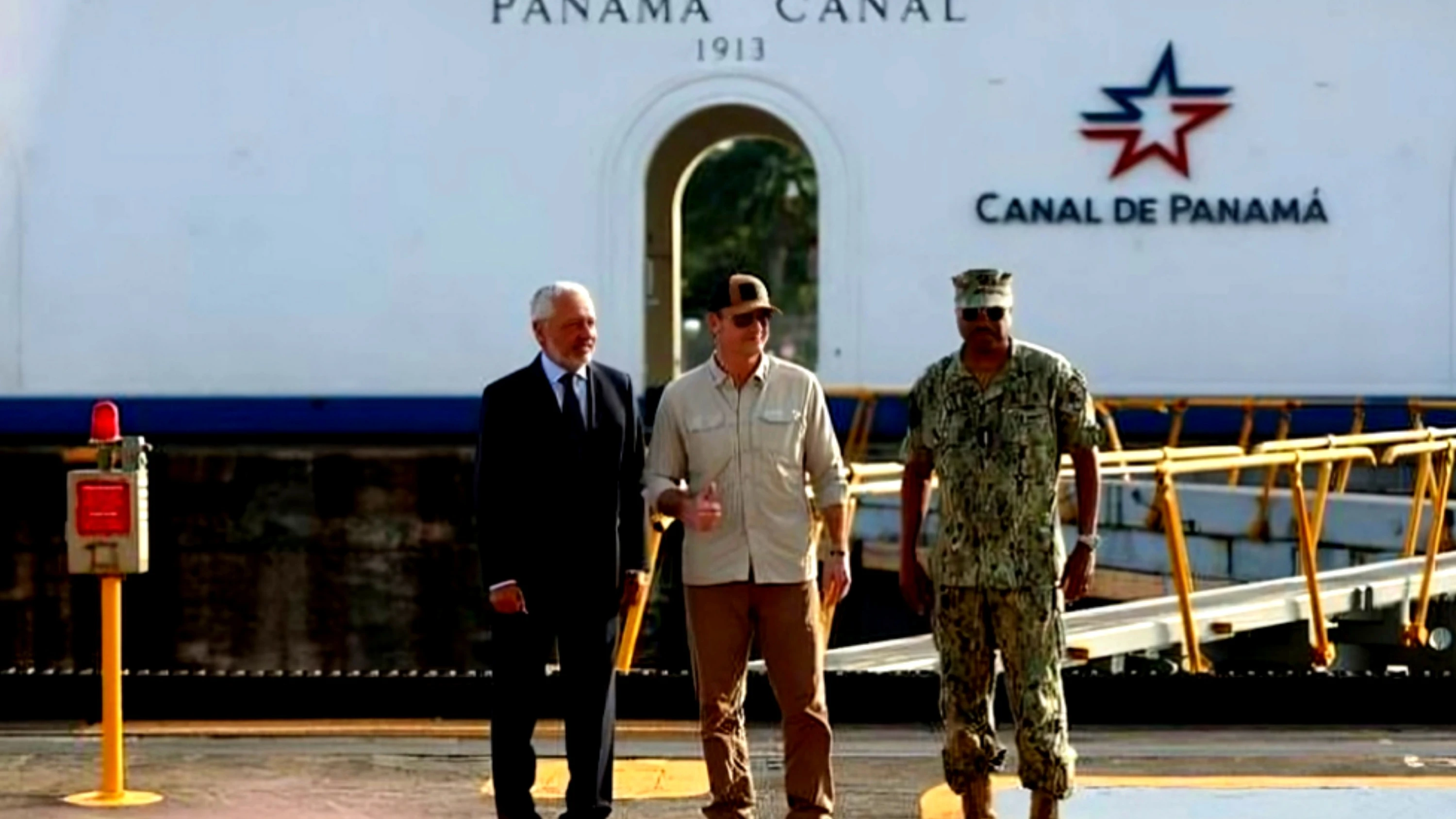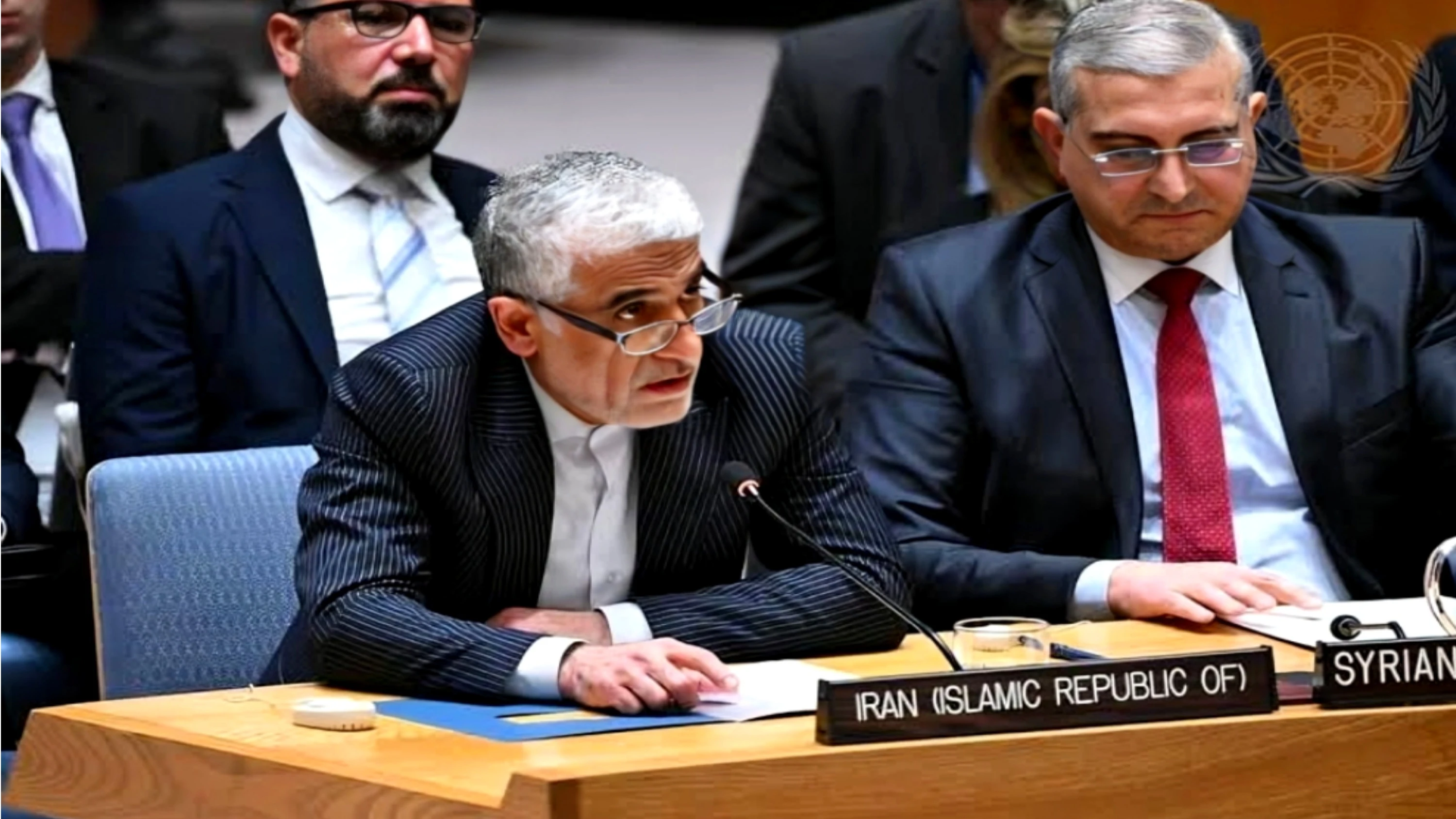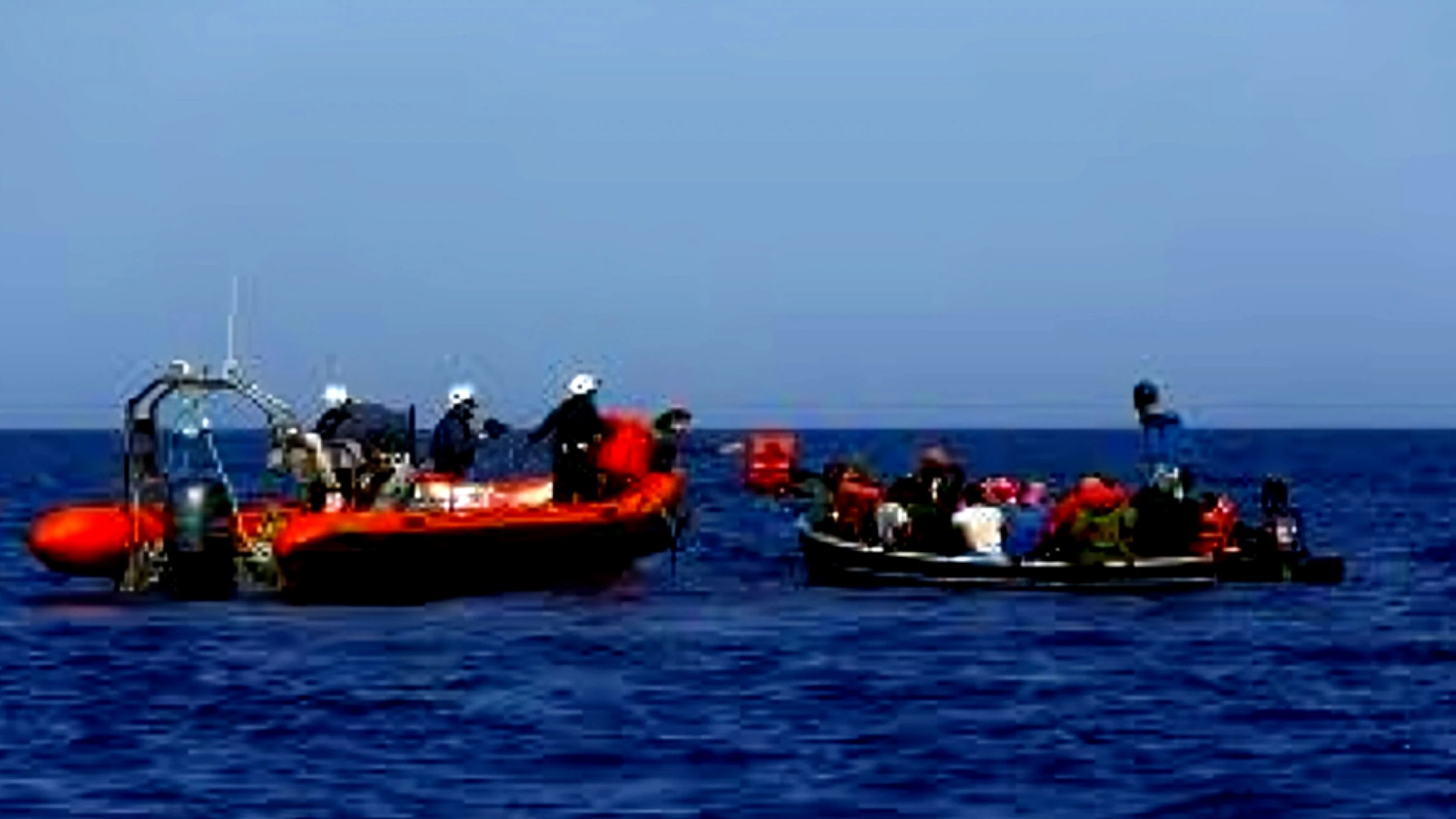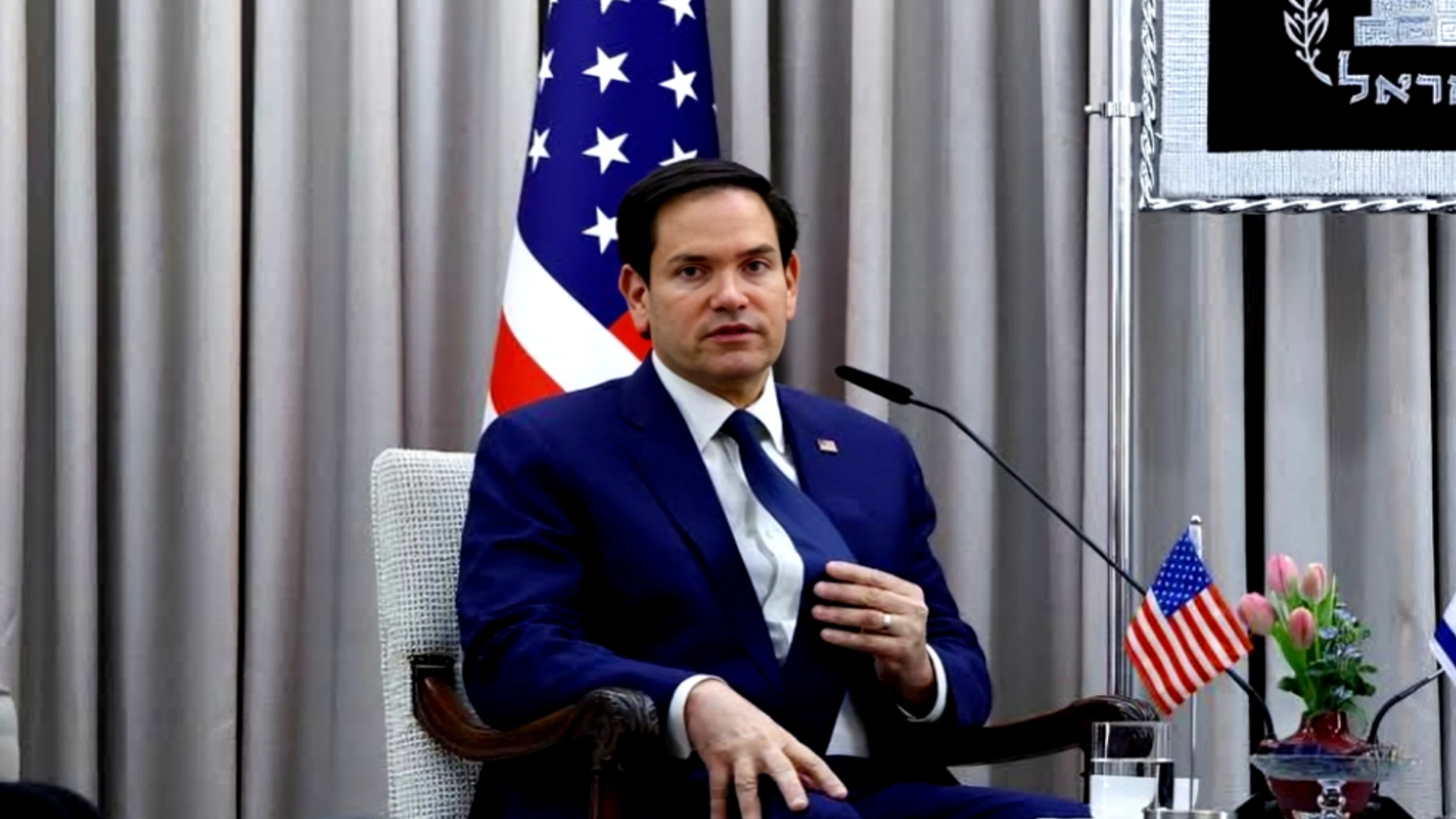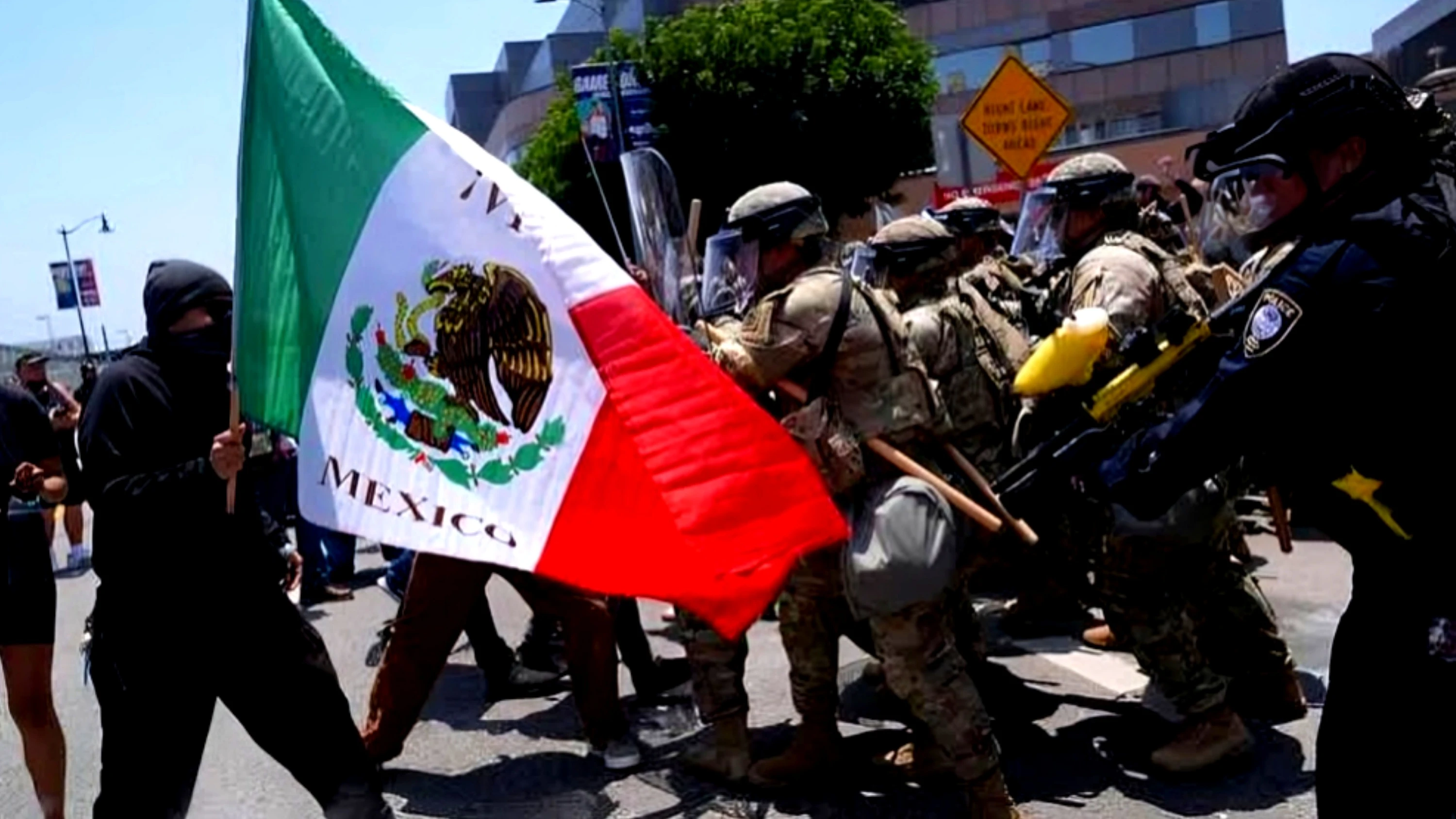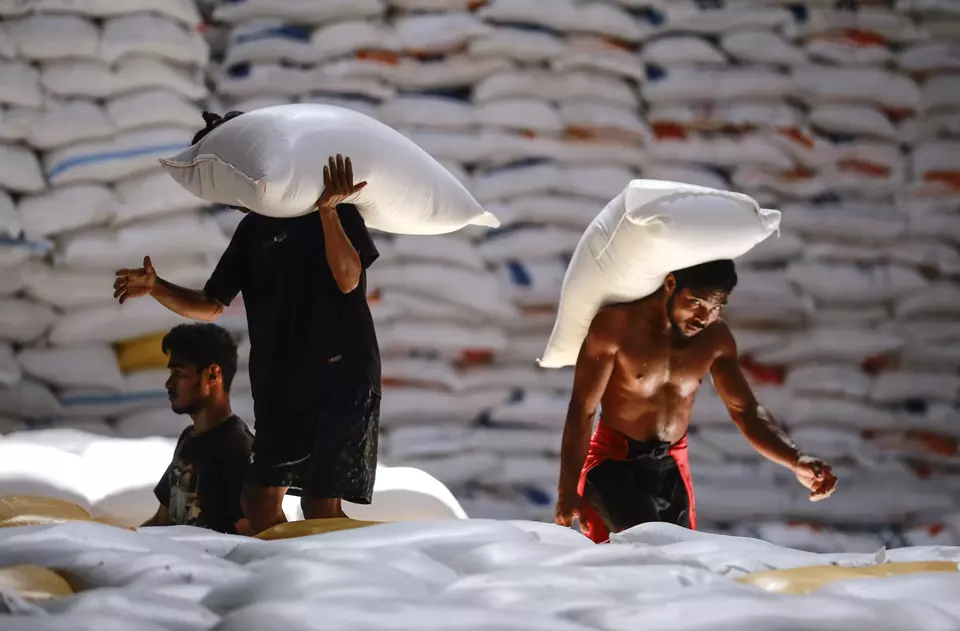Panama City: U.S. Defense Secretary Pete Hegseth announced that Washington will work alongside Panama to reduce Chinese influence over the Panama Canal, calling the strategic waterway too important to be compromised by foreign interests.
During his official visit to Panama – the first by a U.S. defense secretary in decades – Hegseth emphasized increased military and security cooperation with Panama. Speaking at a U.S.-renovated pier in Panama City, he criticized China's commercial involvement in the canal zone, accusing Beijing of using economic ties for potential espionage.
“China didn’t build the canal, doesn’t operate it, and it won’t control it,” Hegseth stated. “Together, we’ll ensure the canal remains free and secure for global trade.”
The Panama Canal handles over 40% of U.S. container shipments annually, valued at around $270 billion. Hegseth's statements come amid growing concerns in Washington about China's expanding economic footprint in Latin America, especially through its Belt and Road Initiative – which Panama recently exited under President Jose Raul Mulino.
Although President Donald Trump previously voiced more aggressive stances on the canal, including suggestions of military involvement, Hegseth’s tone was more measured, highlighting Panama’s leadership in maintaining the canal’s security. Still, he reaffirmed the strategic importance of the canal to U.S. national security.
Following his meetings with Panamanian leaders and U.S. personnel, Hegseth toured key parts of the canal, including a helicopter flyover and a visit to the Miraflores lock. He hinted at potential increases in U.S. military collaboration in the region, including reactivating a jungle survival training center.
President Mulino, a key partner to the Trump administration, has aligned with U.S. efforts to counter China’s regional influence. He has also supported U.S. migration policies, including facilitating deportation flights and addressing the flow of migrants through the Darién Gap.
Despite Trump’s claims that China operates the canal and has stationed soldiers there—claims dismissed by both experts and Hegseth—U.S. officials remain wary of China’s commercial activities, such as port developments and infrastructure projects.
The Chinese Embassy in Panama rejected U.S. accusations, asserting that China has never interfered with canal operations. It criticized what it described as American attempts to “take back” the canal and questioned who the real threat to its neutrality.
Hegseth’s visit followed the announcement of a major acquisition by U.S. investment firm BlackRock of key ports previously operated by Hong Kong’s CK Hutchison, including facilities flanking the canal. Trump hailed the deal as a win for American strategic interests, while Chinese authorities promised to scrutinize it through an antitrust lens.
Former U.S. Ambassador John Feeley pushed back on Trump’s claims of treaty violations, stating there has been no breach of the canal’s neutrality agreement. Meanwhile, President Mulino reiterated that Panama continues to manage the canal responsibly, emphasizing it remains firmly under Panamanian control.


